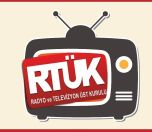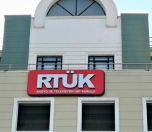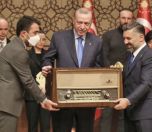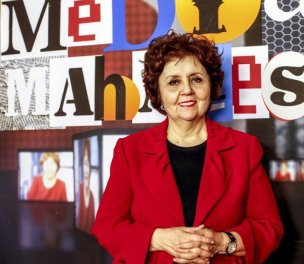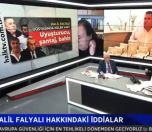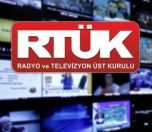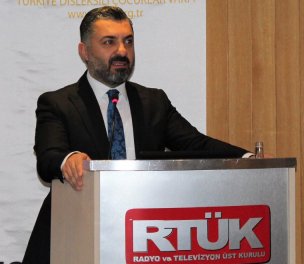INTERVIEW WITH FARUK BİLDİRİCİ
‘RTÜK head wants no news to be reported, no criticism to be leveled at government'
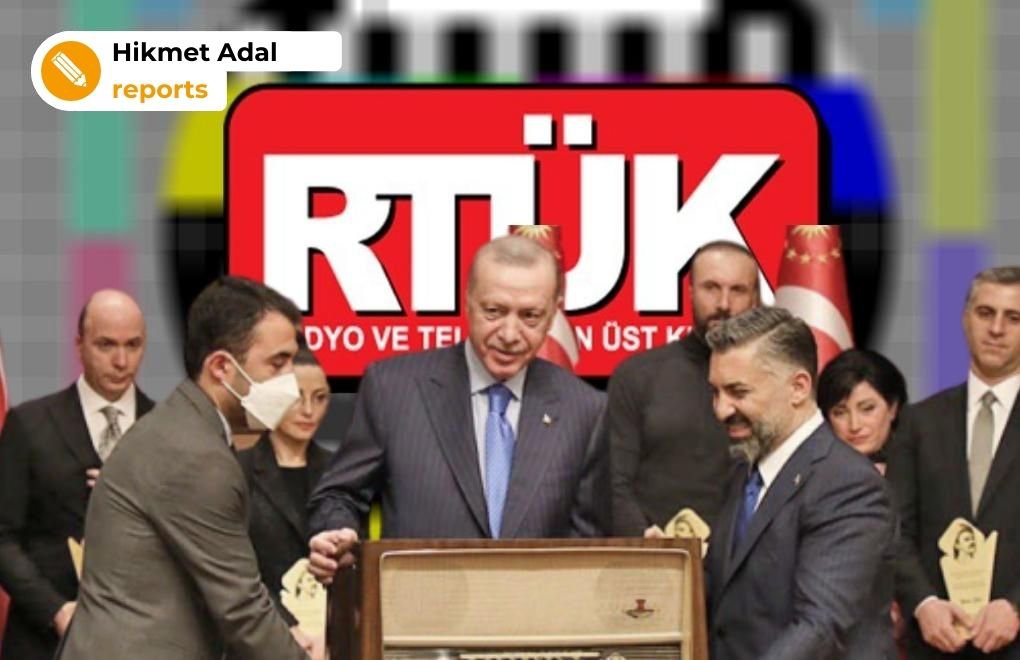
Click to read the article in Turkish
The fines imposed by the Radio and Television Supreme Council (RTÜK), the media watchdog of Turkey, on critical broadcasters constantly come to the public agenda. Just as it is the case this week...
The Supreme Council has not yet convened but RTÜK Chair Ebubekir Şahin has announced on social media that an inquiry has been launched against Halk TV over the remarks of journalist and program presenter Ayşenur Arslan about the Turkish Resistance Organization (TMT) in the context of 'betting and casino tycoon' Halil Falyalı's killing in Northern Cyprus.
The other issue is that the RTÜK has given the Voice of America (VoA), Deutsche Welle (DW) and Euronews 72 hours to apply for a license.
We have spoken with media ombudsperson Faruk Bildirici, who was dismissed as a RTÜK member in 2019.
'Şahin declares that the channel will be fined'
Considering the case of Ayşenur Arslan, does the RTÜK Chair have the authority to launch an inquiry?
(Interrupting while asking the question) ...In fact, Ebubekir Şahin does not announce that an inquiry has been launched. He announces that a fine will be imposed. There has been no one or no channel that has not been fined after Şahin said 'an inquiry has been launched.'
Şahin actually announces that a fine will be imposed without the need for the Supreme Council, without convening the Supreme Council. And he makes a comment reflecting bias before the meeting.
'It prevents criticism against government'
But does the law/regulation give the Chair of the Radio and Television Supreme Council (RTÜK) the authority to launch an inquiry?
Yes, the RTÜK head has the authority to demand that a specific issue be probed. But she or he does not have the authority to hand down an administrative decision. The decision shall be handed down by the Council. But as the majority of the government [representatives] at the Council, I mean, the majority of the AKP [Justice and Development Party] and the MHP [Nationalist Movement Party] allow it, do not object to it and support it, Şahin can act like he could give decisions on behalf of the Council on his own.
With his tweets, Şahin already expresses his opinion rather than demanding an inquiry. And he takes this courage from the government, from his political power. [...] And Ebubekir Şahin and RTÜK headed by him already fine only critical and independent channels while protecting the pro-government ones. RTÜK now punishes freedom of thought.
RTÜK considers a television program in the light of what the political power holders would dislike or whether/what criticism there is against the government rather than the provisions in its law. [...] In other words, it has come to prevent political power holders from being criticized.
It was not long ago, remember... They tried to prevent news reporting during incidents such as fires and earthquakes. They issued some rules.
'Şahin decides whether it is a crime, wrong'
In the past weeks, Ebubekir Şahin, in a similar case, announced that an inquiry was launched against TELE 1. Şahin even referred to [now arrested journalist] Sedef Kabaş's remarks as "some unacceptable remarks targeting our Dear President" and revealed his opinion. As far as I remember, [RTÜK member] İlhan Taşçı was ordered out of the Supreme Council meeting last August for "making comments reflecting bias" because he had disclosed RTÜK's attempted censorship. Isn't what Şahin does also a comment reflecting bias here? What would you like to say about this contradiction?
It is not only Sedef Kabaş or Ayşenur Arslan. Şahin did such things in the case of Can Ataklı. He himself decides that something is a crime or wrong; then, he announces that an inquiry has been launched.
In the past weeks, attending the Turkish Awards ceremony organized by RTÜK, Ebubekir Şahin said that they (RTÜK) consider it to be their duty to protect the Presidency and President Erdoğan.
Ebubekir Şahin and the ones with him can do everything they want, they can say everything they want, they can act biased, they can defend the government and all... But they do not let other members - I mean, İlhan Taşçı and Okan Kınuralp - speak up in any way at all. And when they speak, they try to punish them. What they do is actually this.
Şahin is now like the government's stick hanging over independent and critical channels. I mean, he wants no news to be reported, no criticism to be leveled at the government and he wants to inspect it himself.
Reference to Erdoğan's censorship circular
Another development concerning RTÜK this week has been that it has ordered the Voice of America (VoA), Deutsche Welle (DW) and Euronews to apply for a license. A move that came two years after the regulation was issued... Why now?
In fact, RTÜK is an institution only authorized to inspect radios and TVs. However, with an amendment in 2018, they (RTÜK) argued that they had authority over the Internet as well. With the regulation drafted in 2019, they have started to exercise this authority very broadly.
They do this based on the assumption that they can inspect all websites with any audiovisual broadcasting. To begin with, I think this is illegal. Because according to the regulation that they drew up themselves, "online broadcasts shall be dedicated to radio and television". In other words, they shall have a broadcast streaming like a television or radio.
You say 'there will be this broadcast at 9', then it will mean radio or TV broadcasting. But if there is no such broadcast streaming and if you broadcast some interviews once a week or month, it is not right to consider it to be TV or radio broadcasting. It cannot be done anyway.
This is entirely an online podcast or video broadcast. But RTÜK now considers them all to be radio and television broadcasts, attempting to inspect them and wanting them to get a license.
They want it because President Erdoğan issued a circular in the past weeks. He wanted a harsher stance to such broadcasts and more serious sanctions to be imposed. They are trying to fulfill this now.
Remember: About three years ago, the Foundation for Political, Economic and Social Research (SETA) released a report regarding the foreign media outlets operating in Turkey. They have now started to target these outlets. But they will probably target all websites with audiovisual content, especially the independent and critical websites.
They have apparently prepared a list with the ones disliked by the government the most on the top. It will probably spread to BBC and Sputnik.
'A small website asked for the same money'
What is awaiting the critical media, do you think?
Graver conditions are awaiting them. Newspapers have been faced with police, judiciary and access blocks so far. They will now be faced with the censorship of RTÜK.
As far as I remember, when the license fees were first disclosed, it was 10,000 TRY for radio broadcasters and 100,000 TRY for TV broadcasters. What would you like to say about it?
(In 2022, it is now 18,217 TRY for radio broadcasters and 182,168 TRY for television and on-demand broadcasters.)
It is not fair. They want the same amount of money from both Deutsche Welle (DW) and a small-scale website operating in Yozgat [provinve]. And will RTÜK consider the related websites to be radio broadcasters or TV broadcasters? Do you think this is fair?
More importantly, even if they pay the money, the broadcasters will accept coming under the inspection of RTÜK. This is more important than money. Then, will RTÜK inspect videos and podcasts or will it be the case for other content as well? It is not legally entitled to do it, but I now have difficulty in guessing where they will stop, to be honest... (HA/SD)
Lawyer Selçuk Kozağaçlı detained one day after release
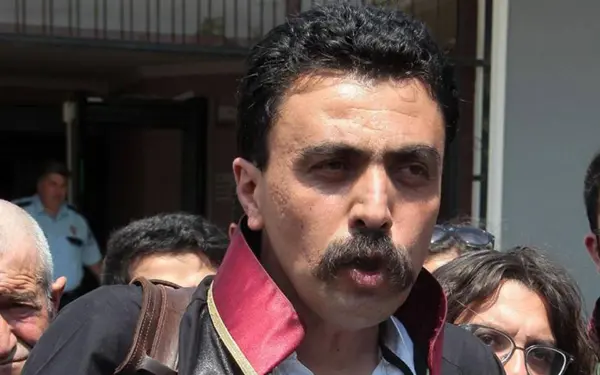
Prosecutor seeks prison terms for journalists who covered İmamoğlu protests
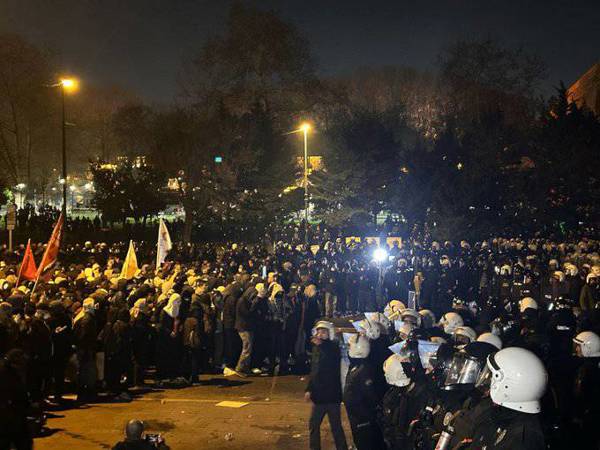
Journalists' union denied visit to jailed reporter Elif Akgül

İzmir coal-fired plant continues operations despite court ruling
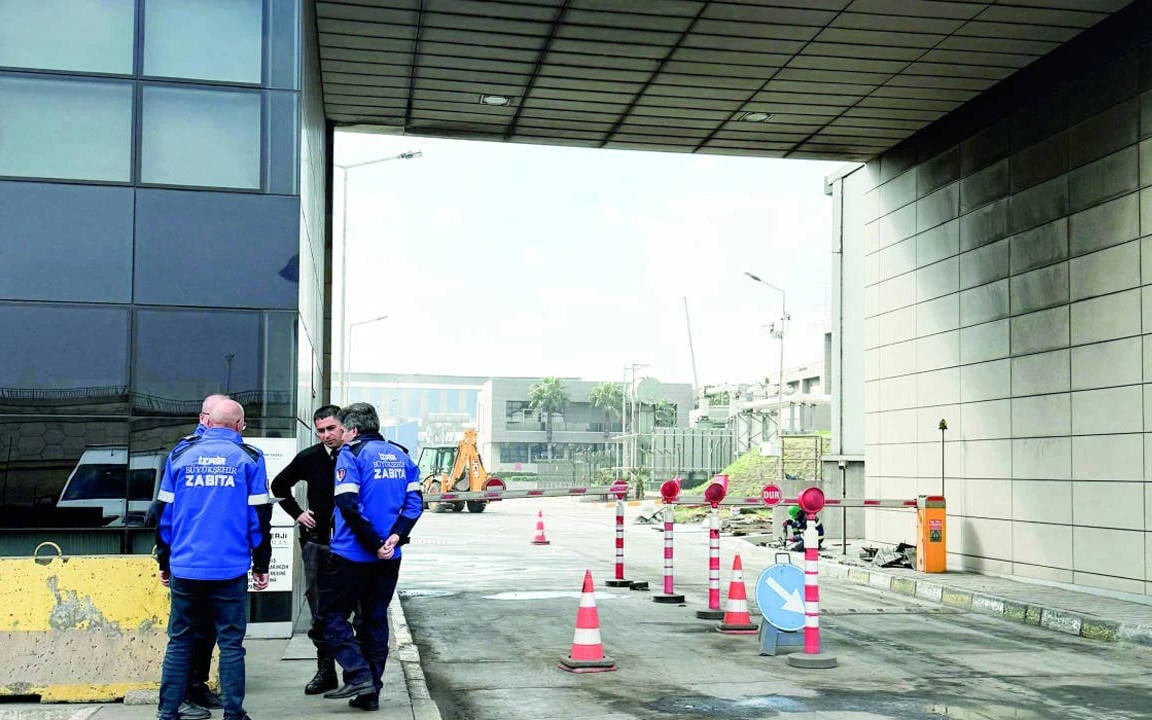
Executive of pro-Kurdish news agency faces trial for exposing informant’s identity
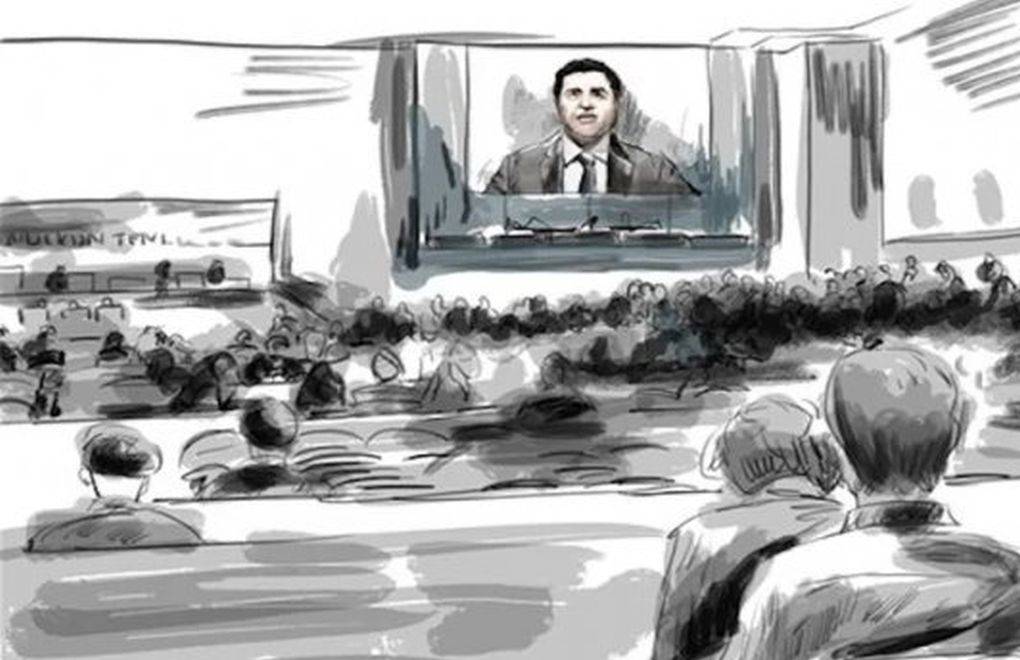





sa.jpg)
